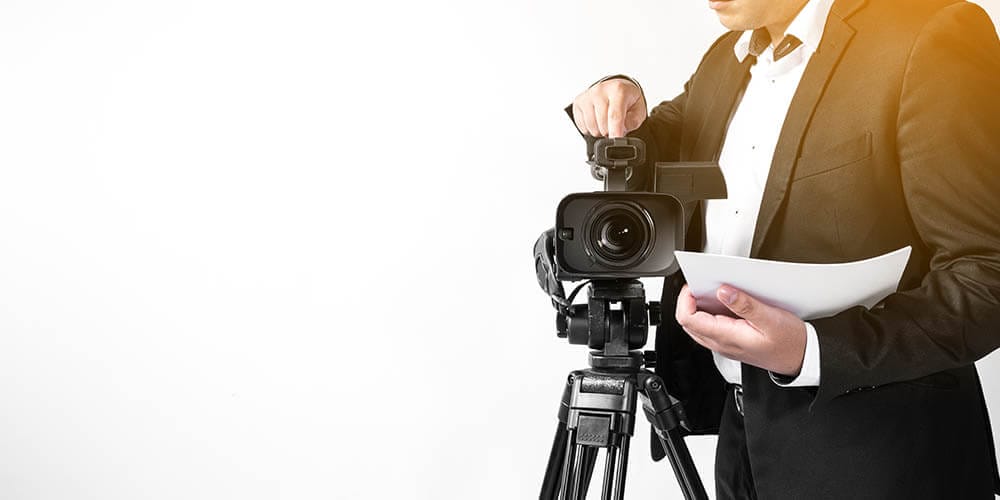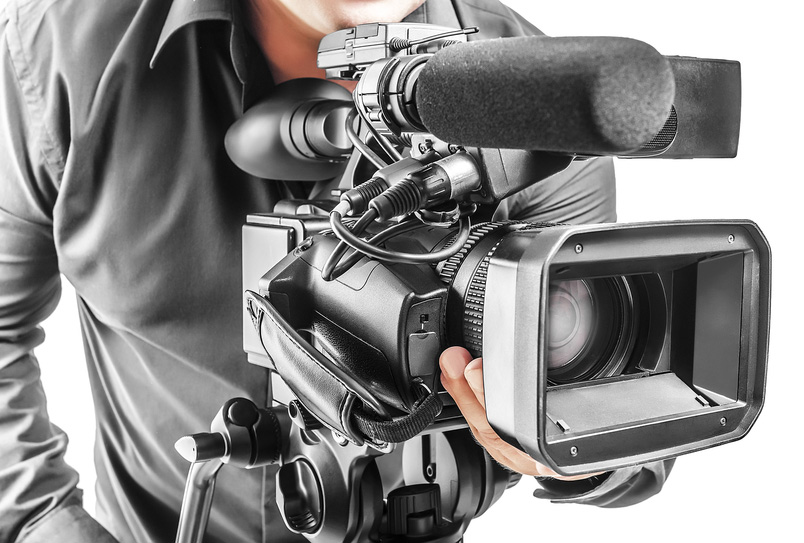High-Resolution Legal Videography for Essential Evidence Recording.
The Function of Lawful Videography in Depositions and Tests
Lawful videography has actually arised as a crucial device in both depositions and tests, supplying a complex strategy to recording witness testimonies. As lawful professionals increasingly acknowledge its value, it triggers a deeper examination of how these aesthetic documents can affect juror assumptions and test end results.
Relevance of Lawful Videography
Lawful videography plays a crucial duty in the paperwork and presentation of depositions and trials. This customized area combines technical abilities with legal knowledge to develop a trusted document of proceedings that can significantly affect situation outcomes. The appearance of legal videography boosts the understanding of witness statement, allowing jurors and courts to observe not only the talked words however additionally the temperament, emotions, and body language of the witnesses.

The value of lawful videography extends beyond the court room; it likewise plays an important role in preserving proof for future recommendation, whether for appeals or further lawful action. Its assimilation into the lawful procedure is important for ensuring a reasonable and accurate depiction of the facts, inevitably contributing to the search of justice.

Process of Legal Videography
While recording the nuances of depositions and trials, the procedure of lawful videography involves a number of essential steps that guarantee high-grade, accurate recordings. A specialist lawful videographer prepares by reviewing the situation materials and comprehending the details requirements of the deposition or trial. This preparation includes familiarizing themselves with the participants and the context, which assists in recording important information.
On the day of the recording, the videographer establishes the needed tools, which typically includes high-definition cameras, microphones, and proper lighting. Guaranteeing ideal angles and sound high quality is important, as it straight affects the efficiency of the recording. The videographer interacts with lawyers and participants to establish protocols, guaranteeing that everybody recognizes the recording procedure.
During the deposition or trial, the videographer thoroughly tapes the process, paying attention to both spoken and non-verbal signs. legal videography. This includes catching the disposition and reactions of witnesses and attorneys. After the session ends, the videographer might modify the video footage for quality and conformity with legal standards, producing an end product that accurately reflects the proceedings for future recommendation and usage in lawful contexts
Advantages in Depositions
The unification of videography in depositions supplies numerous benefits that boost the total procedure of collecting proof. One key advantage is the ability to catch witness testaments with aesthetic and auditory fidelity, giving a much more accurate depiction of the witness's attitude, tone, and body language. This multidimensional approach enables attorneys and courts to evaluate reliability better than conventional written records alone.
Furthermore, videographed depositions work as a powerful device for preserving testament. Ought to a witness come to be unavailable for test, their recorded deposition can be played in court, making certain that their evidence stays accessible and appropriate. This facet substantially reduces the danger of shedding essential details that could affect case results.
In addition, making use of lawful videography advertises far better prep work for attorneys. Examining video clip footage allows legal groups to assess and refine their methods, recognizing strengths and weaknesses in their situations. This primary advantage can result in even more engaging discussions in court.
Lastly, videography improves the general professionalism and trust of the deposition procedure, instilling self-confidence in clients concerning the thoroughness of their lawful depiction. By leveraging modern technology, lawyers can significantly enhance the efficiency of depositions.
Effect On Tests
In many trials, the integration of videography can substantially affect the discussion of proof and the court's assumption. Lawful videography records witness testimonies and crucial evidence in a dynamic format, enabling jurors to involve with the product on several degrees. This aesthetic element boosts the narration facet of a test, giving context and emotional resonance that traditional text-based proof might do not have.
In addition, video clip recordings can function as effective devices for impeachment throughout cross-examination. When inconsistencies emerge between a witness's prior statements and their courtroom testimony, video clip evidence supplies an unbiased recommendation that can guide jurors' point of views. This immediacy and clearness can reinforce the integrity of an event's narrative while concurrently weakening opposing arguments.
Furthermore, the use of videography can assist streamline complicated info, making it much more easily accessible to jurors who may struggle to realize detailed information offered only with verbal testimony. By combining visuals with acoustic details, lawful videography can enhance retention and understanding, ultimately affecting the court's decision-making procedure. The effect of videography in trials expands past mere aesthetics; it plays a check critical function in forming the legal landscape and end results.
Future Trends in Legal Videography
As we look toward the future of legal videography, several arising patterns assure to improve its duty within the courtroom. One significant pattern is the assimilation of synthetic knowledge (AI) in video clip analysis and modifying - legal videography. AI can simplify the address process of determining vital minutes in tape-recorded depositions, enabling lawyers to quickly access appropriate material, therefore enhancing efficiency in situation prep work
In addition, the rise of virtual truth (VR) and increased fact (AR) technologies is expected to change just how jurors experience proof. By immersing jurors in a simulated atmosphere, these innovations can give an extra profound understanding of complicated situations, bring about even more informed deliberations.

Moreover, the enhancing demand for remote depositions, accelerated by the COVID-19 pandemic, will likely continue. Legal videographers will need to adapt to brand-new software and platforms to ensure premium recordings in online settings.
Finally, the growing emphasis on data safety and security will necessitate stricter procedures for storing and sharing video proof. As the lawful landscape advances, legal videographers must remain abreast of these fads to keep their importance and performance in the judicial process.

Conclusion
In recap, lawful videography offers an essential feature in the judicial procedure, boosting the integrity of depositions check my blog and trials. As innovation proceeds to advance, legal videography is poised to additional change its duty within the lawful landscape.